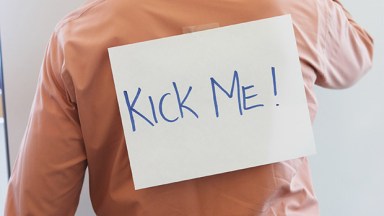
1. April Fools’ Day is observed on April 1. Sometimes referred to as All Fools’ Day, the annual celebration is commemorated on the first day of April in some European and Western countries.
2. You celebrate it by pranking people. Anyone can participate — all you need to do is set up a good joke, prank or hoax for someone else to fall for. This is also the one day of the year where “fake news” is reported on purpose to trick readers. Newspapers, magazines, and other media companies may put out outrageously false stories, which are usually explained the next day or below the report in smaller letters.
3. It’s been around for hundreds of years. April Fools’ Day has been celebrated for several centuries by different cultures, but it’s exact origins are unclear. Some historians believe the holiday dates back to 1582, when France switched from the Julian calendar to the Gregorian calendar. Previously, people had celebrated the start of the year during the last week of March through April 1, but the modern calendar, as we know, has a new year starting on January 1. People who were slow to get the news or failed to recognize the new start of the year and continued celebrating it in the springtime became the butt of jokes and hoaxes.
4. There’s a name for the victims of a prank. If you fall for someone’s practical joke, you become an April Fool. That’s why you’ll likely hear the prankster shout, “April Fool!” right when you succumb to whatever hoax they set up.
5. Spain and Spanish-speaking nations in the Americas have a comparable day. Countries like Spain, Argentina, Chile, and Mexico, have a traditional day of pranks on Dec. 28, which is also the Christian day of celebration of the “Day of the Holy Innocents.” The Christian celebration is a religious holiday, but the tradition of pranking isn’t, even though it’s observed annually. April Fools’ Day is also not a public holiday in any country.